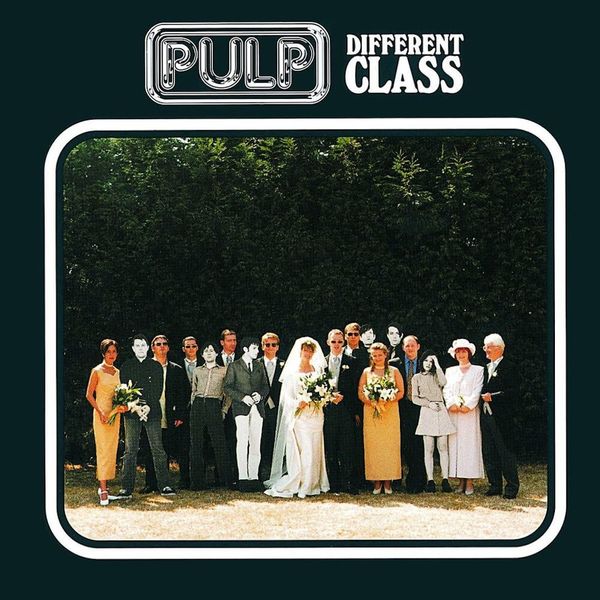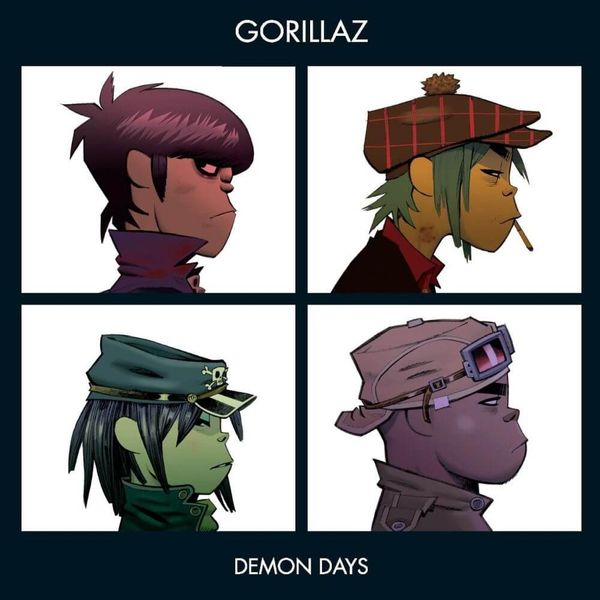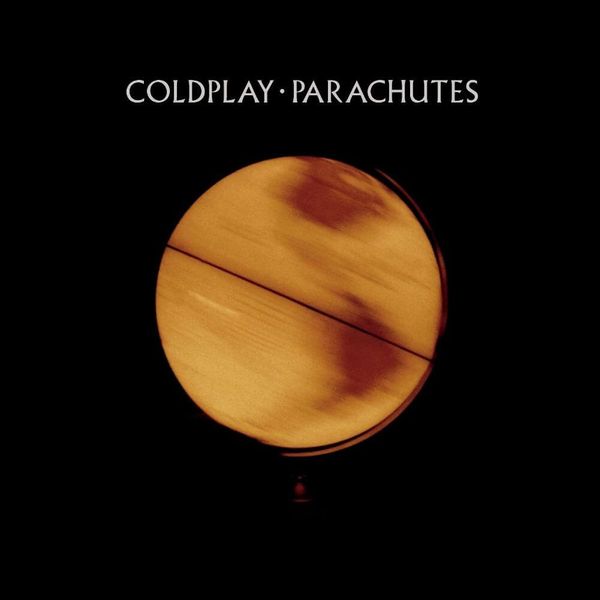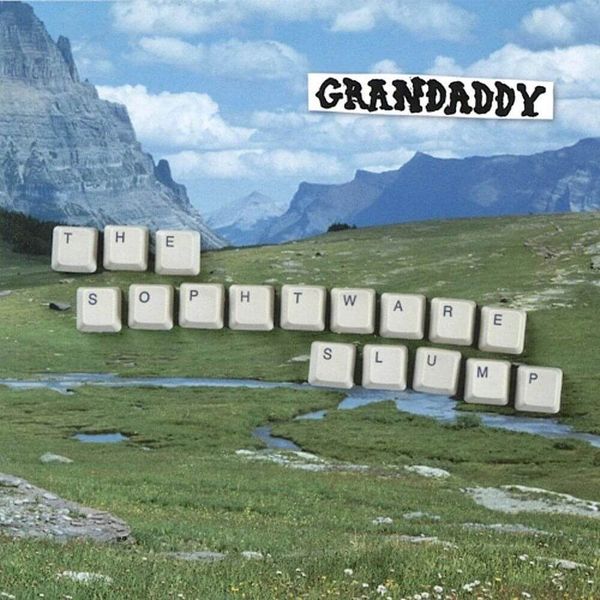André
Solo albums can be tricky ventures, particularly those born from the minds of eccentric frontmen with a bone to pick. Whilst some leave the past behind and relish a newly-offered creative license, Jarvis Cocker instead seems a little lost without his standard supporting cast, awkwardly fidgeting his way through numerous ideas without coming to a satisfying development. He knows exactly what he’s doing, yet the potential is disappointingly unfulfilled.
There’s plenty of good material, but not all of it sticks. This is essentially pop music for the mature listener; easy to consume, enjoyable enough, but carrying the flimsy characteristic that so often causes the genre to become watered down and saturated. Jarvis is certainly not your standard pop album, and there’s no doubting that it has good intentions — it’s clever, charming, and at times very catchy — but it fails to register as a record with any real significance despite its finer moments.
Cocker is a perfectly good songwriter, with a keen ear for memorable hooks, witty lyrics, and satisfying song structure, so it’s a real shame that his debut album fails to leave a lasting impression. It’s decent enough, but unlike Different Class and This is Hardcore, there’s no real weight behind it, nor is there an immediate thrill to lure you in once you get past the opening few tracks. Even with the working-class angst that remains relevant ten years on, Jarvis is inconsequential.
6 out of 10
Fred
Jarvis Cocker’s maiden solo album sounds like one. The record, for better or worse, may as well be called Pop: The Album: charming, listenable, and a bit shallow. As I think happens quite often with solo albums, Jarvis comes across like one person trying to replicate the synergy of a band — without the band. This is hardly a deal breaker, but it does make for a peculiar dynamic.
Tracks like “Don’t Let Him Waste Your Time” and “Tonite” are well-written pop-rock forays, but manage to sound far less boisterous than they should. There are some serious toe-tappers, but there are more misses that hits in that regard. It’s usually the gentler pieces in the vein of “Quantum Theory” that exude a more personalised sound, crafted as they are around Cocker’s melodies.
To be clear, when Jarvis does raise its game there is enough stellar pop on show to redeem it. It’s all surface, but it’s good surface. Songs like “Running the World” are the best kind of curt. I appreciate enigmatic, cryptic songs about spinning plates and toe-jam footballs as much as the next guy, but there’s a charm to Cocker’s bluntness. Jarvis isn’t profound, but it’s easy enough on the ears to justify being dipped into whenever you’re in the mood for some solid pop, and I can dig that.
7 out of 10
Andrew
Debut solo albums make for interesting listens, as an artist’s approach can vary widely. Cocker hasn’t thrown any curveballs here, filling Jarvis with catchy pop rock for the most part, though that isn’t totally positive. While tracks like “Don’t Let Him Waste Your Time” and “Heavy Weather” are easily consumed, they don’t necessarily linger, nor do they provide any real character.
Intermingled with these, though, there are some gems, usually those that have instrumentation that veers away from the standard band setup and allow Cocker more scope vocally. “Black Magic”, with its gritty synth bass and distinctive tubular bells and “Baby’s Coming Back to Me”, with a mixture of tuned and untuned percussion, a piano, and clean guitar, both stand out as some of the contrasting highlights from the album due to their character. Even with these examples though, there’s rarely a real punch behind the tracks on Jarvis.
One notable exception here is the hidden track right at the end of the album, “Running The World”. Harking back to Pulp tracks that came before it, and featuring catchy, interesting rhythms, crash happy drums, and a far more lively vocal performance from Cocker, it feels as though he’s buried the lead. There are good ideas abound throughout this album, but good ideas alone haven’t quite made for a record that bats it out the park.
7 out of 10



